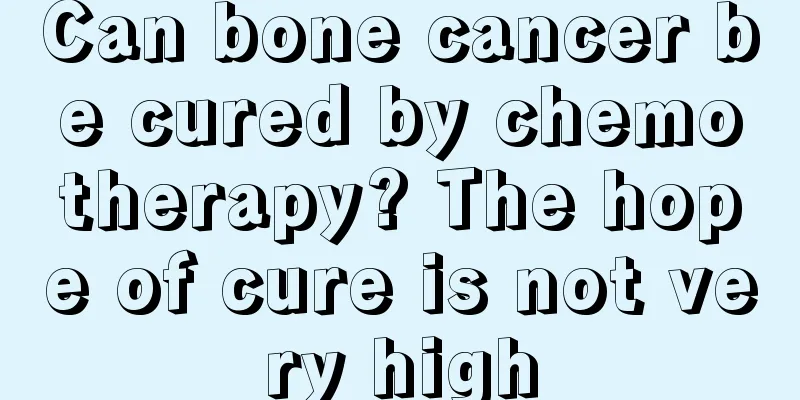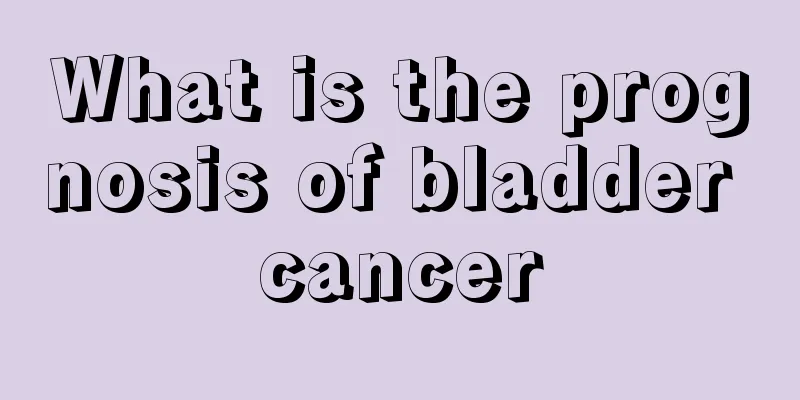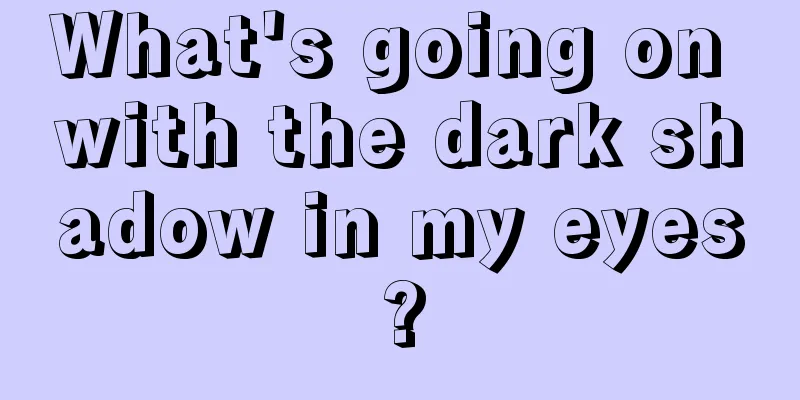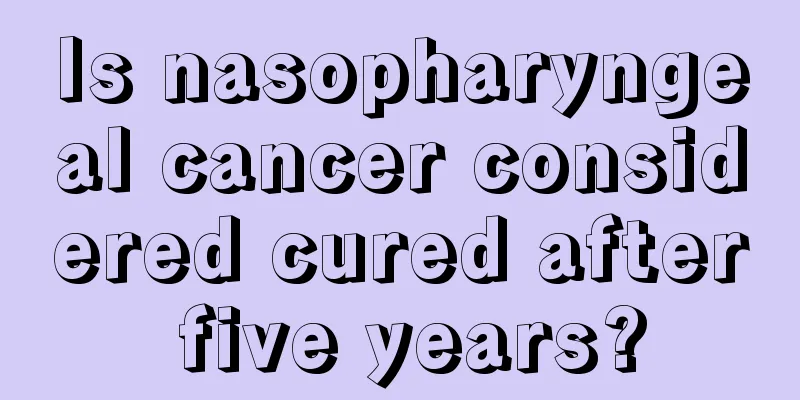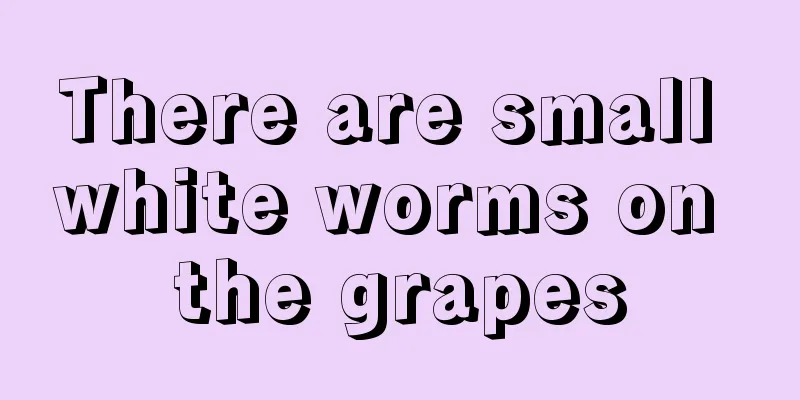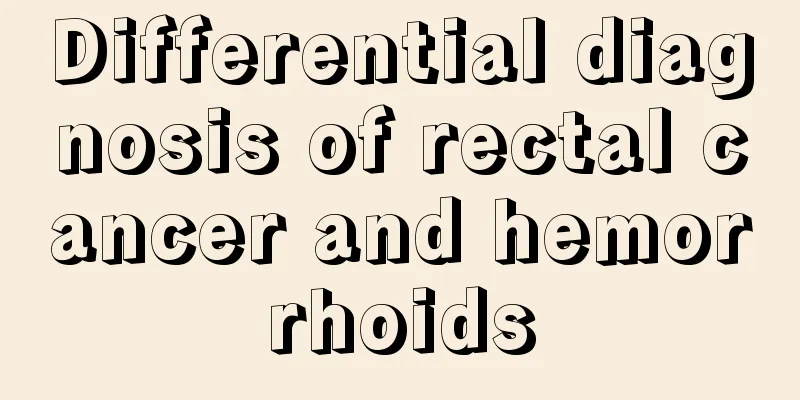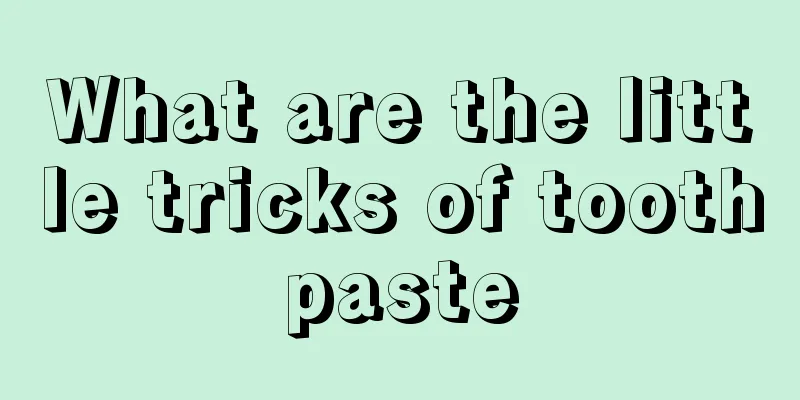The 36 most effective lessons about habits
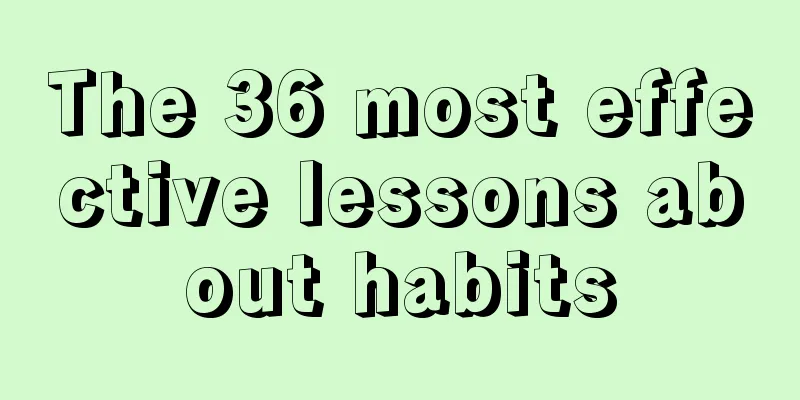
|
Changing habits is one of the most fundamental skills you can learn because it can change your life and transform you as a person. This is true transformation. Sharing these experiences is not to command others from a high position, but to teach you that there are many things you can try in the process of change and learning. Try one or two at a time so you don't get overloaded. Once you’ve accomplished one or two, you can look back at the other habits on the list. Doing the following will definitely help your lifestyle 1. When you make a small change, your "normal life state" will adjust. 2. Start with small changes 3. Small changes are easier to stick with 4. Habits are closely related to daily activities. 5. Habits with multiple variations are more difficult. 6. Learn to change simpler habits. 7. Trust yourself. 8. The accumulation of small changes will lead to big changes.
9. It doesn’t matter what your first choice is 10. Energy and sleep quality are important. 11. Dealing with disruptions from changes in daily routines is a skill that needs to be learned. 12. Think about how to avoid foreseeable obstacles. 13. Pay attention to your self-talk. 14. Take a good look and don’t be impulsive. 15. Have strong motivation. 16. Use accountability to plan positive and negative feedback loops. 17. Challenges are effective 18. Exceptions lead to more exceptions. 19. Habits are rewards, not chores. 20. Developing too many habits at once means you are likely to fail. 22. Blogging is an amazing tool. 23. Failure is a learning tool. 24. How to deal with failure is the key. 25. Either adjust or give up. 26. Gain support 27. Limit yourself. 28. Create an environment for success. 29. Tie your shoelaces and go out. 30. Set a time when the habit will be interrupted. 31. Habits change with the situation 32. Learn to solve problems using multiple methods. 33. Be kind to yourself. 34. Perfection is the enemy 35. Friends create miracles. 36. Habit changing is a tool for understanding yourself. Habit change is not just about adding something new to your life, habit change is a tool for self-understanding. By changing habits, you learn about what motivates you, about internal versus external rewards, about faults and goodness, about progress and reinforcement. If you pay attention, in a few months of changing your habits you can learn things about yourself that you didn't know in a decade. To some extent, the result of habit change is not important, what is important is the process. |
<<: Beware of early signs of gastric cancer
>>: The eight most common mistakes parents make with preschoolers
Recommend
What are the effects of wearing amber
Amber is a precious treasure left to us by nature...
How should lung cancer patients eat? Lung cancer patients should pay attention to these 6 points in their diet
There are more and more types of cancer in societ...
Throat inflammation
In life, throat inflammation is a very common phy...
What is the principle of Mora bioresonance detection of allergens
Mora bioresonance to find allergens is actually t...
How to clean yellowed shirt collar?
Many people prefer to wear shirts, thinking that ...
Transmission routes of conjunctivitis
Pink eye is clinically known as acute conjunctivi...
What are the benefits and functions of pedicure?
Pedicure in my country has a history of more than...
What factors are related to the occurrence of bile duct cancer
Cholangiocarcinoma is a malignant tumor and a rel...
What causes thick green tongue coating? Is the condition serious?
Generally speaking, thick green tongue coating is...
What are the complications after maxillary cancer surgery
What are the complications after maxillary cancer...
Can I worship Buddha and burn incense while pregnant?
Many people believe in the superstition that ther...
What are the symptoms of cataracts in the eyes
Nowadays, more and more people in society suffer ...
What to do if nails grow into the flesh
We know that nails are very important to us. Our ...
How long can one live after developing lung cancer in the late stage? What are the contraindications for treating high fever due to lung cancer?
How long can you live with advanced lung cancer? ...
How long can a patient with lung cancer brain metastasis live in coma
How long can a patient with lung cancer brain met...
